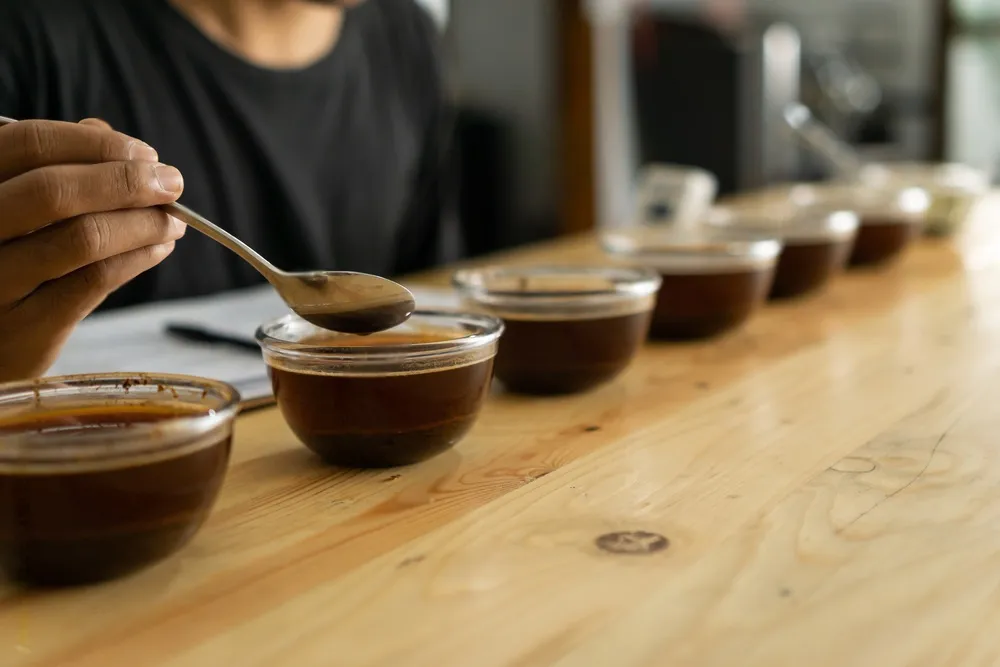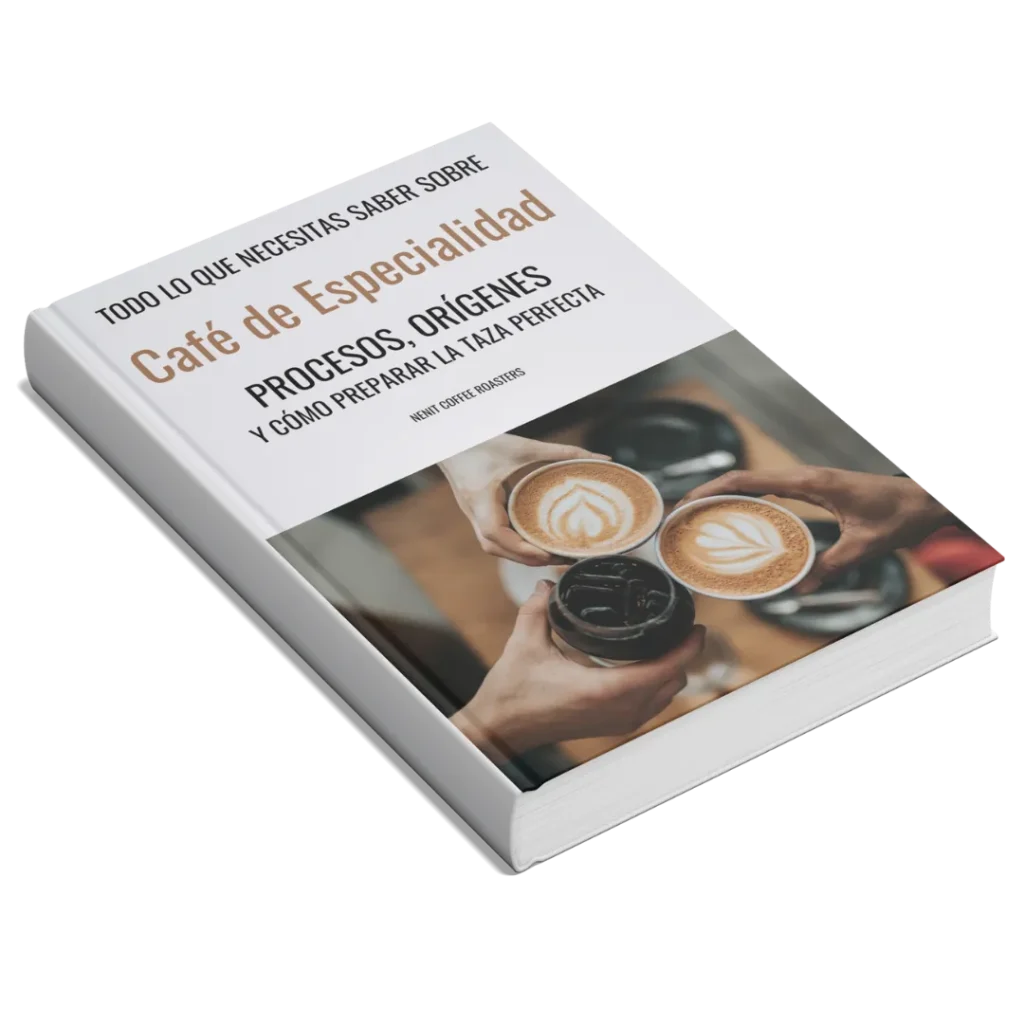Complete Guide for Coffee Lovers
Everything You Need to Know About Specialty Coffee: Its Origin, Classification, and How to Enjoy it to the Fullest.
Introduction
Specialty coffee has gained immense popularity in recent years, and for good reason. But what makes it so special? What sets it apart from the commercial coffee we find in supermarkets? In this guide, we will explore in-depth what specialty coffee is, its unique characteristics, and why it is considered the best coffee in the world.
Definition of Specialty Coffee
Specialty coffee refers to coffee beans that have been grown under optimal conditions and carefully selected to ensure the best quality. According to the Specialty Coffee Association (SCA), for coffee to be considered specialty, it must score at least 80 points on a scale of 100 after a rigorous evaluation process known as cupping.
Specialty coffee is a product of excellence, carefully cultivated and evaluated under strict quality standards.
How is Specialty Coffee Classified?
The process of classifying specialty coffee is rigorous and detailed. Professional coffee tasters evaluate aspects such as:
- Aroma: The complexity and richness of the coffee’s fragrance.
- Flavor: The balance of acidity, sweetness, and bitterness on the palate.
- Body: The physical sensation the coffee leaves in the mouth.
- Acidity: The brightness that complements the flavor.
- Aftertaste: The duration and quality of the flavor that lingers after a sip.
Only coffees that strictly meet these criteria can be classified as “specialty.”
Where Does Specialty Coffee Come From?
Specialty coffees come from specific coffee-growing regions, where the climate, altitude, and farming practices align to produce exceptional beans. Some of the main regions producing specialty coffee are:
- Colombia: Famous for its balance of acidity and sweetness.
- Costa Rica: Known for its bright acidity and clean profile.
- Ethiopia: Considered the birthplace of coffee, with beans known for their floral and fruity notes.
- Guatemala: A producer of full-bodied coffees with notes of chocolate and spices.
These countries, among others, have earned a global reputation for producing some of the best coffees in the world. If you want to experience the diversity of origins and profiles, try our 4 Origins Tasting Pack.
The Supply Chain of Specialty Coffee
To ensure its superior quality, specialty coffee undergoes a careful process from cultivation to roasting. In our store, we roast coffee twice a week to guarantee optimal freshness. The key steps include:
- Bean Selection: Only ripe and highest-quality beans are handpicked.
- Processing: After harvesting, the beans go through a washing or drying process to remove the pulp.
- Roasting: Roasting specialty coffee is an art. The goal is to highlight the natural flavors of the bean without overcooking it. We roast coffee twice a week to ensure freshness in every order.
- Cupping: Finally, coffee experts evaluate the final product to ensure it meets quality standards.
This meticulous process guarantees that every cup of specialty coffee is a unique sensory experience.
Why Choose Specialty Coffee?
Choosing specialty coffee is a decision that goes beyond taste. Here are a few reasons to opt for this type of coffee:
- Superior quality: Every cup is an experience, with complex and distinct flavors that you won’t find in commercial coffee.
- Sustainability: Specialty coffee is often produced ethically, with respect for the environment and the farming communities.
- Guaranteed freshness: The beans are roasted in small batches, ensuring they reach your cup at their peak freshness. Remember, we roast coffee twice a week so you always enjoy maximum freshness.
- Transparency: Knowing the origin of your coffee allows you to appreciate all the effort that goes into its production.
How to Enjoy Specialty Coffee at Home
To fully enjoy specialty coffee at home, it’s important to follow a few basic recommendations:
- Use quality water: 98% of coffee is water, so using filtered or mineral water improves the flavor.
- Freshly ground: Grind the beans just before brewing to get the best aroma and flavor.
- Try different brewing methods: From French press to pour-over, experiment with different ways to extract the coffee.
By following these tips, you’ll experience the true potential of specialty coffee in every cup. If you haven’t yet tried different origins, don’t hesitate to try our 4 Origins Tasting Pack.

